Paying Off Debt, Credit Score Dropped: Understanding the Causes and Solutions. Find Out More In Our Latest Article!
THIS ARTICLE MAY CONTAIN AFFILIATE LINKS, MEANING I GET A COMMISSION IF YOU DECIDE TO MAKE A PURCHASE THROUGH MY LINKS AT NO COST TO YOU. PLEASE READ MY AFFILIATE DISCLOSURE FOR MORE INFO.
DON’T HAVE TIME TO READ THE FULL ARTICLE. HERE’S WHAT YOU ARE MISSING.
It feels great to have that weight lifted when you finally pay off a debt. Oddly enough, some people notice their credit score drops around this time. This happens because paying off debt can change your credit mix or lower the age of your accounts. While it might be surprising, understanding this can help manage expectations.

Credit scores rely on several factors. These include payment history, amounts owed, and the length of credit history. Paying off a loan can affect these, especially if it’s the only account of that type you have. For instance, if the account was your longest-held line of credit, closing it can decrease your score briefly.
The important thing is that any drop in score is typically temporary. Credit bureaus update information every 30 to 45 days so that scores can bounce back soon. For more insight, check out tips on how to manage your score after paying off debt.
Understanding Credit Scores

Credit scores are essential in determining financial opportunities, affecting loan approvals and interest rates. Understanding the factors that impact credit scores can help you manage and improve them effectively.
Components of a Credit Score
A credit score has several vital components. The most significant portion, about 35%, is payment history, which reflects how consistently someone pays their bills on time. Next is credit utilization, which makes up around 30% of the score. This measures how much credit is used compared to the available limit.
Other factors include the length of credit history, which accounts for about 15% of the score and considers the age of credit accounts. New credit and credit mix each contribute 10%. New credit refers to recent credit inquiries or accounts, while credit mix evaluates the variety of credit accounts, such as credit cards and installment loans.
Common Reasons for Credit Score Fluctuations
Credit scores can fluctuate for various reasons. One common cause is changes in credit utilization. A significant increase in credit card balances can reduce a score. Another factor is opening new credit accounts, which can lead to a temporary dip due to inquiries and the shortening average account age.
Late payments can significantly lower a score, as they negatively impact payment history. Closed accounts or changes in a credit mix may also affect scores. Mistakes in credit reports can cause unexpected drops, so it’s important to check credit reports regularly for errors.
Impact of Debt Repayment on Your Credit Score
Paying off debt can positively and negatively affect a credit score. Reducing debt can improve credit utilization, a critical factor in credit scores. However, if paying off debt leads to the closure of long-standing accounts, the length of the credit history might be shortened, potentially resulting in a score decrease.
Repaying a significant debt might also temporarily lower scores due to changes in credit mix, especially if installment debt like a mortgage or car loan is paid off. Understanding these impacts can help manage expectations and plan how to improve scores over time.
Strategies for Paying off Debt
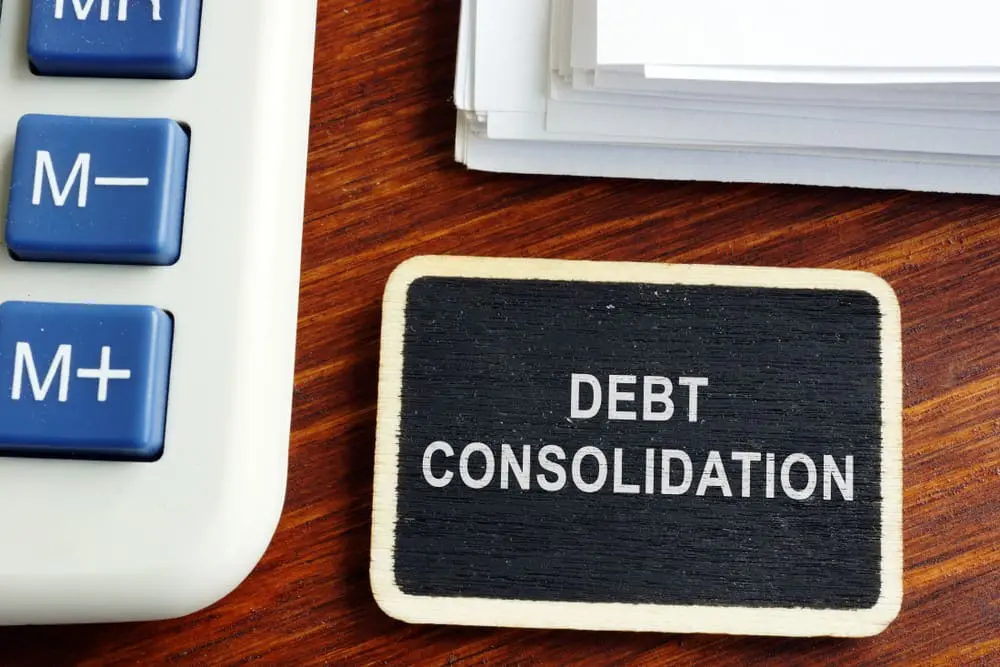
Paying off debt can be challenging, but specific strategies can make the process more manageable and efficient. Understanding different methods allows individuals to choose an approach that best suits their financial situation and goals.
Debt Snowball Method
The Debt Snowball Method involves listing all debts from smallest to largest balance. Debtors focus on paying off the smallest debt first while making minimum payments on the rest. Once the smallest debt is cleared, they move on to the next smallest. This method provides quick wins and helps build momentum. It also boosts confidence by reducing the number of debts. Although this approach may sometimes result in paying more interest over time, it’s effective for those who benefit from short-term successes and motivation.
Debt Avalanche Method
The Debt Avalanche Method focuses on minimizing interest costs by first tackling debts with the highest interest rates. Debtors make extra payments toward their highest-rate debt while paying minimums on others. They move on to the next once the highest-rate debt is paid off. This method can be more cost-effective because it prioritizes reducing the total interest paid over time. It may take longer to see results, but it benefits those who want to save money on interest while gradually eliminating debt.
Consolidation Loans and Balance Transfers
Consolidation loans and balance transfers simplify debt management by combining multiple debts into one. With a consolidation loan, all debts are paid off, and a single new loan is issued, usually with a fixed interest rate. This streamlines payments and can potentially lower interest rates. Balance transfers involve moving high-interest debt to a credit card with a lower rate. It’s important to consider the terms, as balance transfers may include fees or promotional rates that eventually expire. These strategies can help manage debt more easily and potentially reduce interest costs if the individual maintains disciplined repayment habits.
Improving Your Credit Score Post-Debt
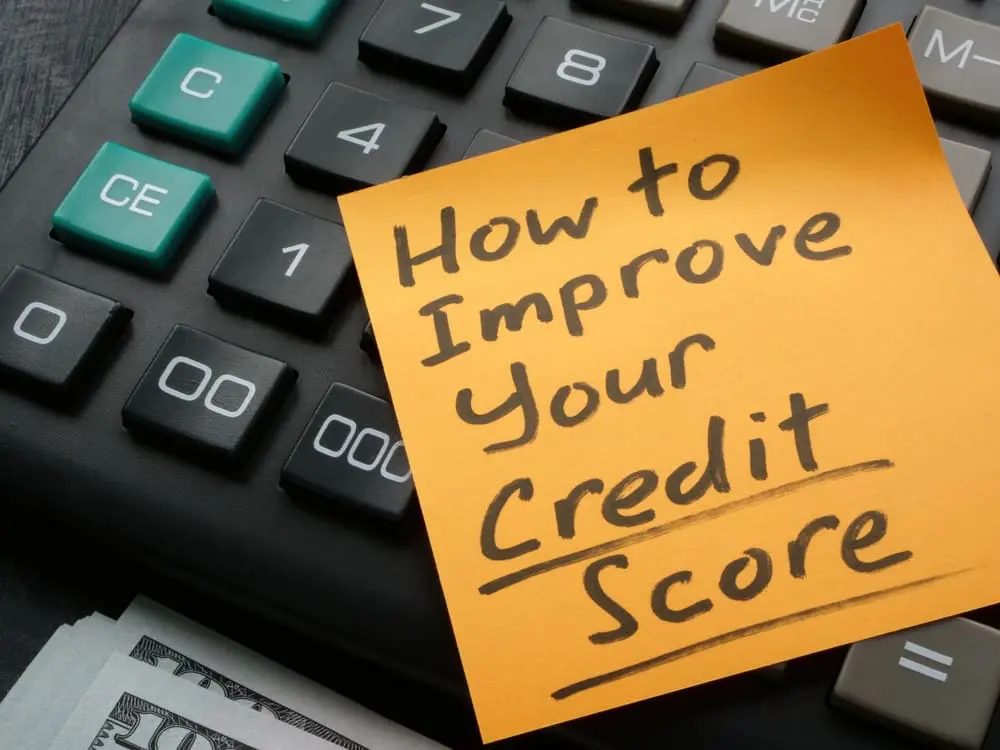
After paying off debt, it is common for individuals to face unexpected changes in their credit score. Here are some effective strategies for rebuilding and boosting your credit score by focusing on a few key practices.
Credit Building Techniques
Engaging in techniques to boost your credit score is crucial. One effective method is to keep your credit utilization low; ideally below 30%. This means only using a small portion of your available credit. For example, if a credit card has a limit of $1,000, aim to use less than $300 at any time.
Another practical strategy is diversifying your credit mix. This can include a combination of credit cards, installment loans, or retail accounts. Different types of credit can contribute positively to your credit score.
Finally, consider using secured credit cards if your score needs a significant boost. By making regular, on-time payments with these, you can demonstrate responsible credit behavior and improve your score gradually.
Monitoring Your Credit Report
Regularly checking credit reports can help you track your score and understand the factors affecting it. It is important to identify any inaccuracies, disputes, or errors that might be dragging down your score. These errors can be addressed by contacting the credit bureau, leading to potential score improvements.
In addition, you can monitor changes in your score to understand how different financial activities impact your credit. Many financial institutions offer free tools to help you keep an eye on your credit report and score.
Signing up for credit monitoring services can provide alerts for any changes in your credit file. This allows for quick responses to potential identity theft or fraudulent activities that could negatively affect your score.
Responsible Credit Management
Practicing responsible credit management is crucial in rebuilding credit. This includes making all payments on time, every time. Setting up automatic payments or reminders can greatly reduce the risk of missing due dates.
Additionally, avoid closing old accounts, as the length of your credit history can impact your score. Instead, maintain these accounts to show a long-standing credit history.
Limit new credit inquiries to avoid potential score dips. Each credit application can slightly lower your score; frequent applications could be seen negatively by creditors. Focus on managing existing credit effectively to gradually rebuild your score.
Planning for the Future
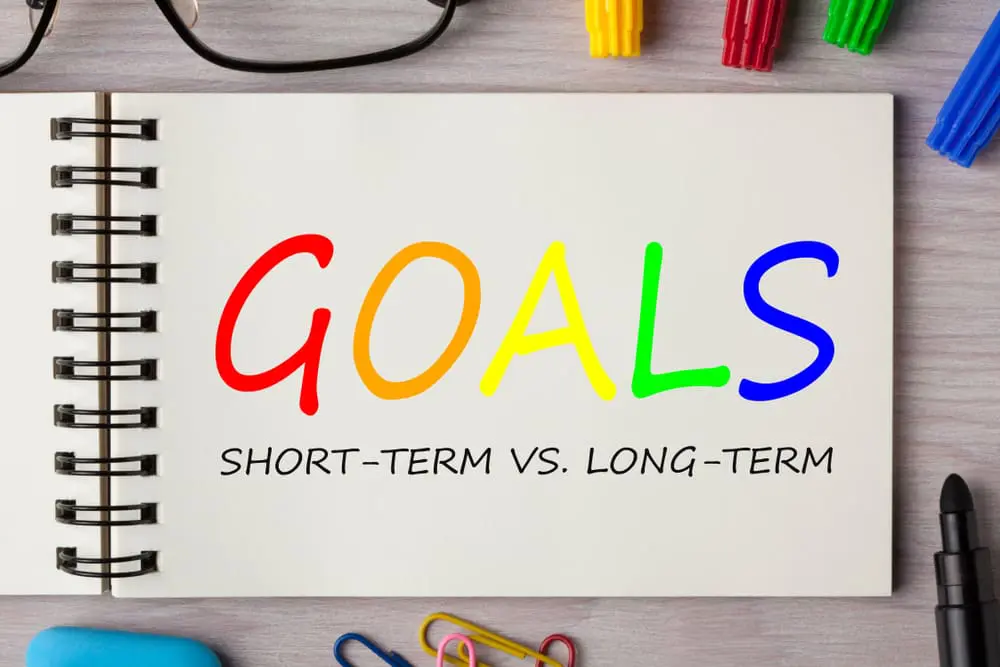
Planning for a secure financial future is crucial, especially after experiencing a drop in credit score from paying off debt. It involves setting specific financial goals, creating a budget to avoid new debts, and building a solid emergency fund.
Setting Financial Goals
To succeed financially, individuals need clear, achievable goals. Setting goals involves identifying short-term and long-term financial targets. Short-term goals might include saving for a vacation or reducing discretionary spending, while long-term goals could focus on retirement savings or buying a home. Write these goals down, and make them specific and measurable. For example, aim to save a certain amount each month.
Breaking down large goals into smaller, manageable steps can make reaching them less daunting. Regularly reviewing these goals helps to track progress and make necessary adjustments. Financial goals set a clear path, providing motivation and direction for future financial stability.
Budgeting for Debt Prevention
Creating a budget is essential to prevent falling into debt again. Start by listing all sources of income and monthly expenses. Categorize expenses into fixed (like rent and utilities) and variable (such as entertainment and dining out). Use this information to track spending patterns and identify areas to cut back.
Tools like budgeting apps can help manage finances and ensure spending stays within limits. Establishing a budget encourages mindful spending and helps prioritize essential expenses, reducing the temptation to use credit unnecessarily. A well-planned budget serves as a roadmap to maintain financial health and prevent future debt accumulation.
Creating an Emergency Fund
An emergency fund acts as a financial safety net, helping to avoid debt during unforeseen circumstances, such as job loss or unexpected medical expenses. To build this fund, set aside a small, manageable amount from each paycheck, aiming to cover at least three to six months of living expenses.
Keeping these funds in a separate savings account, ideally one that earns interest, helps keep the emergency savings distinct from regular spending accounts. Consistency is key, even if initial contributions are small. Over time, these savings will grow, providing a sense of security and readiness for the unexpected events life may bring.
Navigating Credit Score Recovery
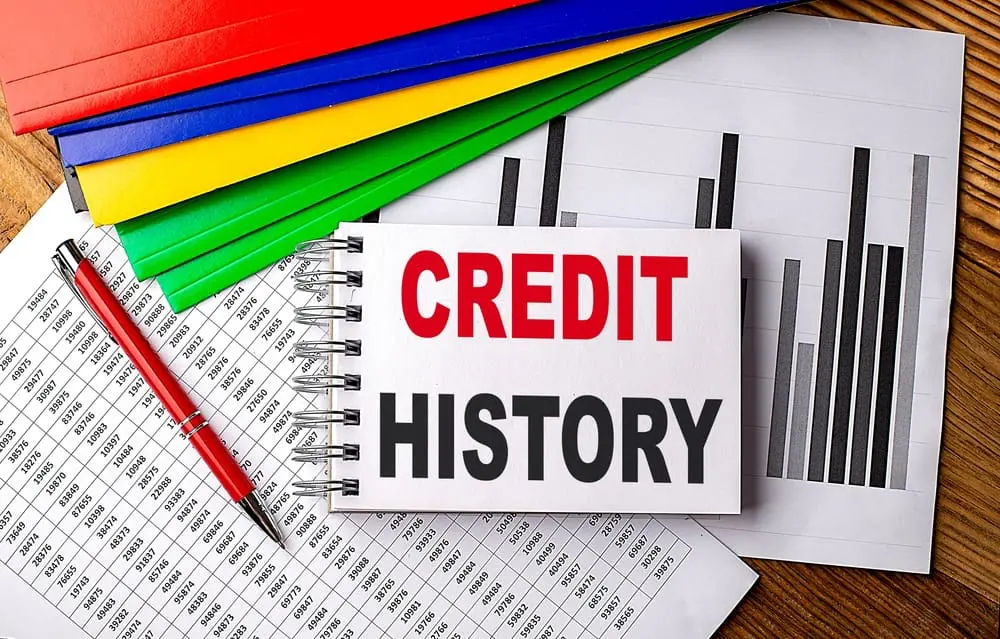
Recovering from a credit score drop after paying off debt involves strategies focusing on payment timeliness, credit usage, and managing new and existing credit accounts. Understanding how these elements impact your score is essential to boosting it effectively.
Timely Payments and Credit Utilization
Timely payments play a significant role in credit score recovery. Making payments on time can build a positive credit history. They account for a large portion of your credit score, so it’s imperative to avoid late or missed payments.
Maintaining a low credit utilization rate is also critical. Credit utilization refers to how much of your available credit you are using. Experts recommend keeping this under 30%. For example, if someone has a credit limit of $10,000, they should aim to use no more than $3,000.
Monitoring accounts regularly can help keep utilization in check. By making small, frequent payments and limiting charges, individuals can maintain a better balance. Regularly paying down balances can also prevent high utilization ratios from negatively impacting the credit score.
Credit History Length and New Credit
The length of credit history impacts the score significantly. Longer histories demonstrate stability and responsibility. Closing accounts can shorten this history, so one should carefully consider before doing so. Individuals with a thin credit file might benefit from leaving old accounts open even after paying them off.
New credit can be tricky. Opening multiple account lines in a short span can signal risk to creditors. Each application can lead to a hard inquiry, which might temporarily lower the score. It is beneficial to space out credit applications, avoiding multiple requests at once.
Adopting a conservative approach to new credit can aid in recovery. Selecting credit types wisely and ensuring that new credit enhances your credit mix, rather than complicating it, is effective. Waiting for the right moment to apply is essential.
Credit Mix and Its Effects
A diverse credit mix can improve credit scores. This means having different credit types, like installment loans and credit cards. A balanced mix indicates the ability to manage various debt forms responsibly. It shows financial maturity and versatility.
It’s important not to open new credit accounts just to diversify the mix. Each new account makes managing payments more complex. Creditors see responsible management of existing accounts as positive behavior. Therefore, focusing on maintaining the current mix effectively can help in credit recovery.
Individuals should review their credit portfolio and identify areas for improvement. Balancing different credit types wisely can provide a stable foundation for boosting a credit score over time.
Legal and Financial Advice
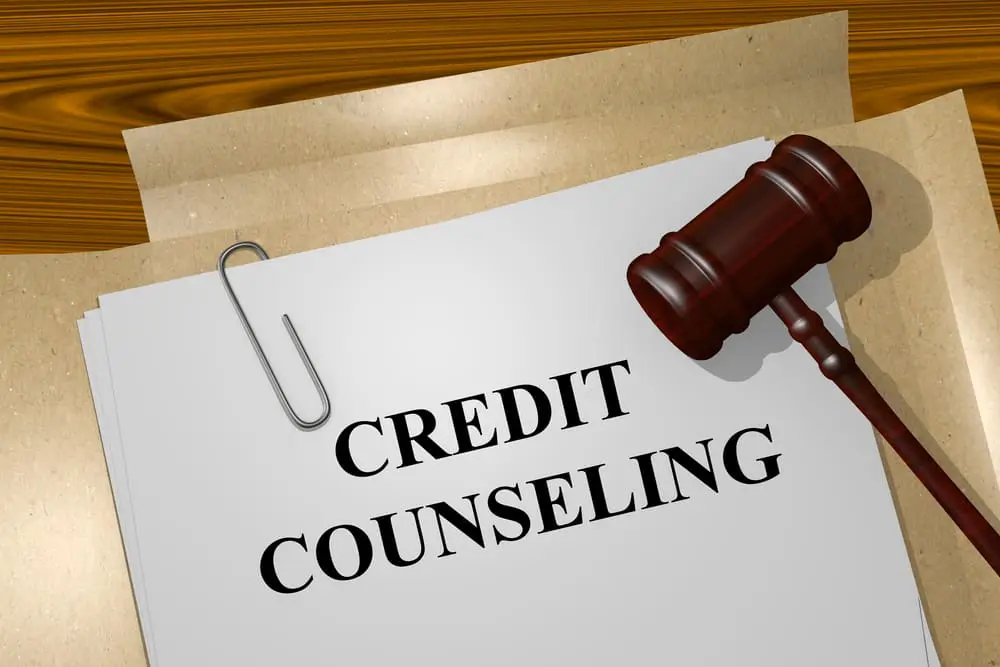
When dealing with credit score drops after paying off debt, knowing your legal rights and financial options can be crucial. Seeking guidance from credit counselors and understanding consumer rights can empower you to make informed decisions.
Consulting with Credit Counselors
Credit counselors can provide personalized advice on managing and improving credit scores. They review financial situations and offer strategies to handle debts efficiently. These professionals help individuals understand credit report details and suggest ways to optimize credit profiles. Many credit counseling services offer budgeting assistance and payment plan options, which can be critical after a sudden credit score drop. Choosing a nonprofit credit counseling agency can be beneficial, as they often provide unbiased advice. Before selecting a service, it’s important to check whether the counselor is accredited and recognized by reputable organizations.
Understanding Consumer Rights
Knowing consumer rights is essential when dealing with credit issues. Laws like the Fair Credit Reporting Act protect consumers from inaccurate information on credit reports. Individuals have the right to dispute any incorrect or unfair entries that might affect their credit score. Additionally, consumers should be aware of their rights regarding debt collection practices, which are regulated by the Fair Debt Collection Practices Act. Understanding these rights helps ensure that any credit or debt-related action taken by a third party is lawful. This knowledge can also aid in negotiating with creditors and resolving disputes about credit-related issues. Understanding these rights empowers consumers to maintain a strong financial position.
Frequently Asked Questions
Paying off debt can sometimes lead to unexpected changes in a credit score. This section explains why this happens and provides tips to help improve your credit score after paying off debts.
Why does paying off debt sometimes lead to a lower credit score?
Paying off a debt can reduce the variety of active credit accounts. This can negatively impact the credit mix, which is an element in calculating a credit score according to Equifax.
What factors could cause a credit score to decrease even if debts are paid off on time?
A reduction in total credit available, especially if a credit account is closed, could harm a score. For instance, closing a credit card account decreases the total credit limit, which might raise the credit utilization ratio.
How long typically does it take for one’s credit score to improve after settling their outstanding debts?
Credit scores may take a few months to recover after paying off revolving debt, such as credit card balances. During this time, paying bills on time and maintaining low credit utilization can aid in recovery.
What are effective strategies to repair a credit score after debt repayment?
Effective strategies to improve a credit score include keeping old credit accounts open, paying bills on time, and maintaining a low balance on revolving credit accounts. These actions can help rebuild and boost credit over time.
How can paying off a car loan impact a credit score?
Paying off a car loan can slightly decrease a credit score since it removes an installment account from the credit mix. However, having fewer debts can still positively impact financial health despite this change.
What are the potential implications on a credit score of paying down credit card balances?
Paying down credit card balances can lower the credit utilization ratio, which positively affects a credit score. This is because creditors see responsible usage of credit as a good sign, which can eventually lead to score improvements.
Disclaimer: Millennial Credit Advisers is not a licensed credit service provider or financial advisor. We don’t offer credit repair, debt management, or legal services. Educate yourself on saving, reducing debt, and managing credit for economic improvement. Understand credit reports, scores, and financial products. Consult a financial advisor for personalized advice. Track your progress for a better credit journey.
Written content: Please view our full AI Use Disclosure.
We improve our products and advertising by using Microsoft Clarity to see how you use our website. By using our site, you agree that we and Microsoft can collect and use this data. Our privacy policy has more details.
















